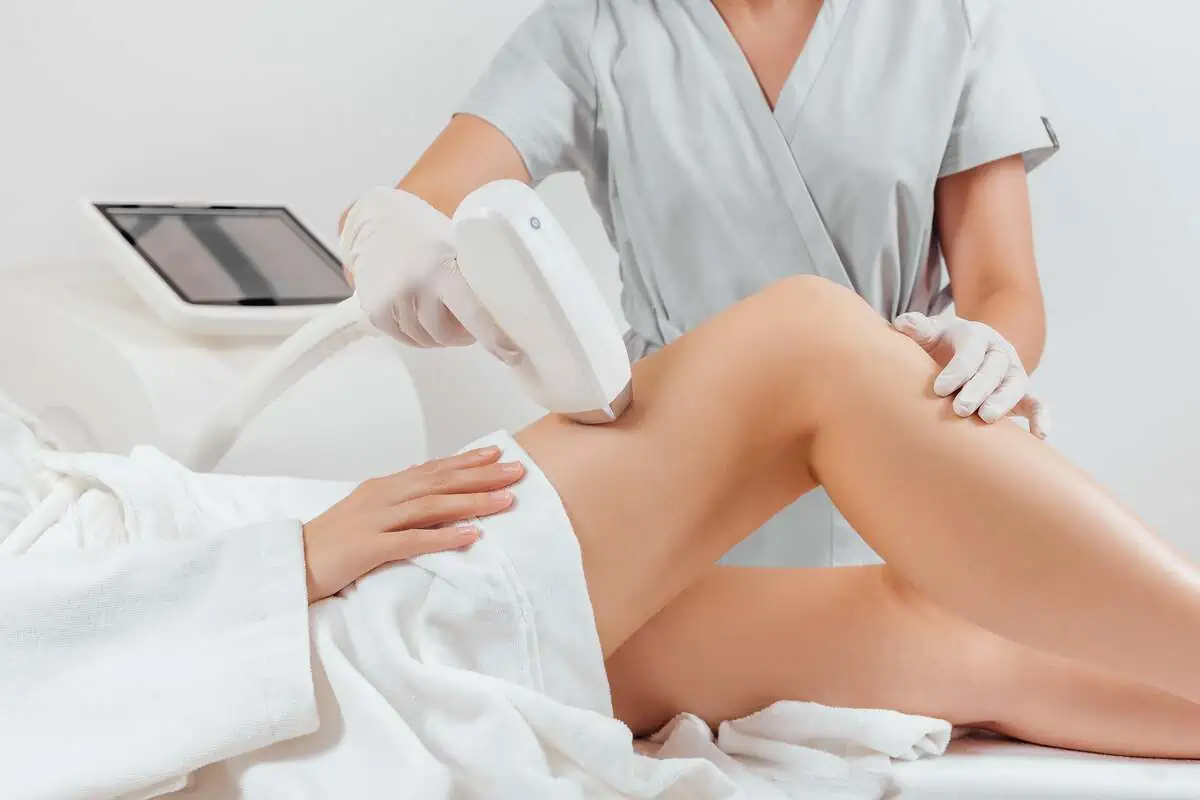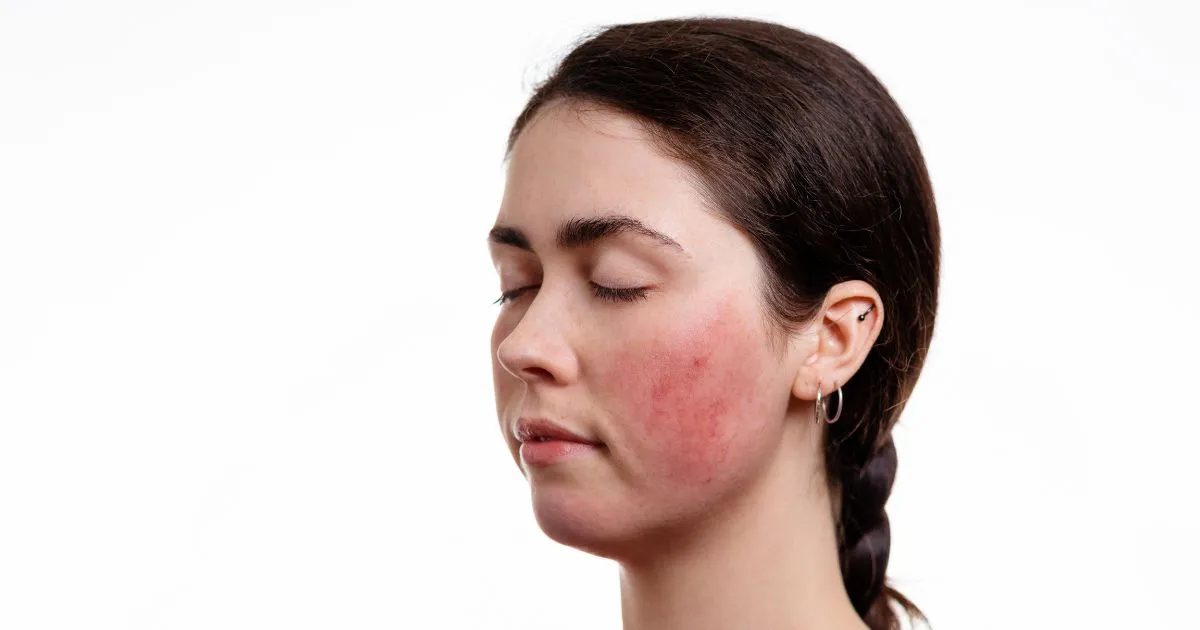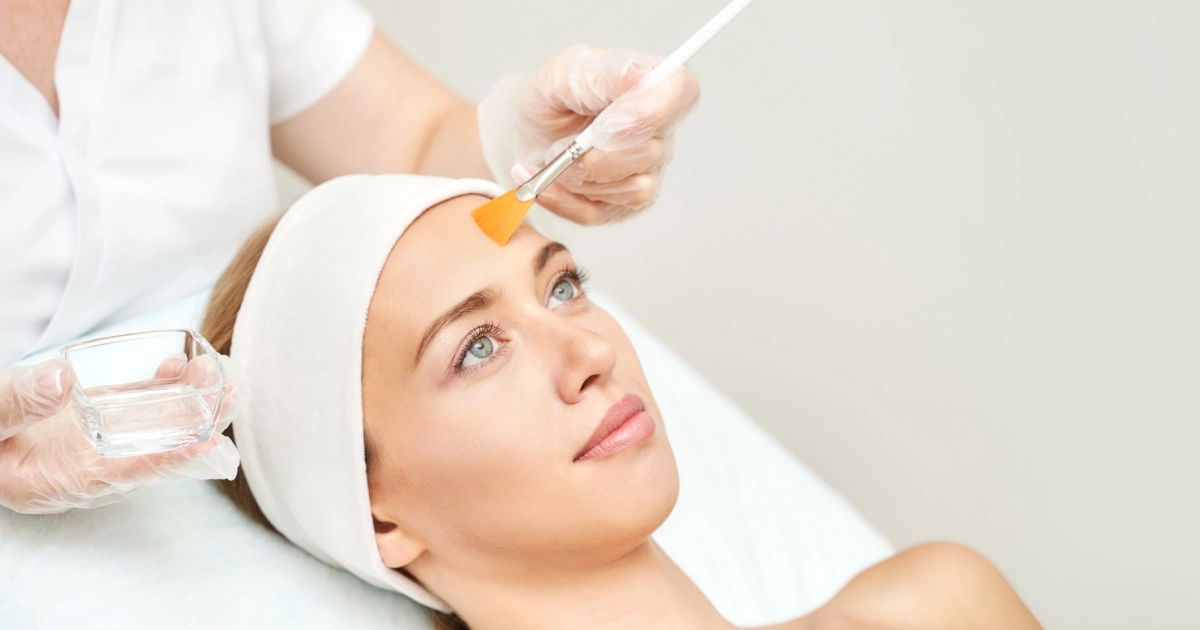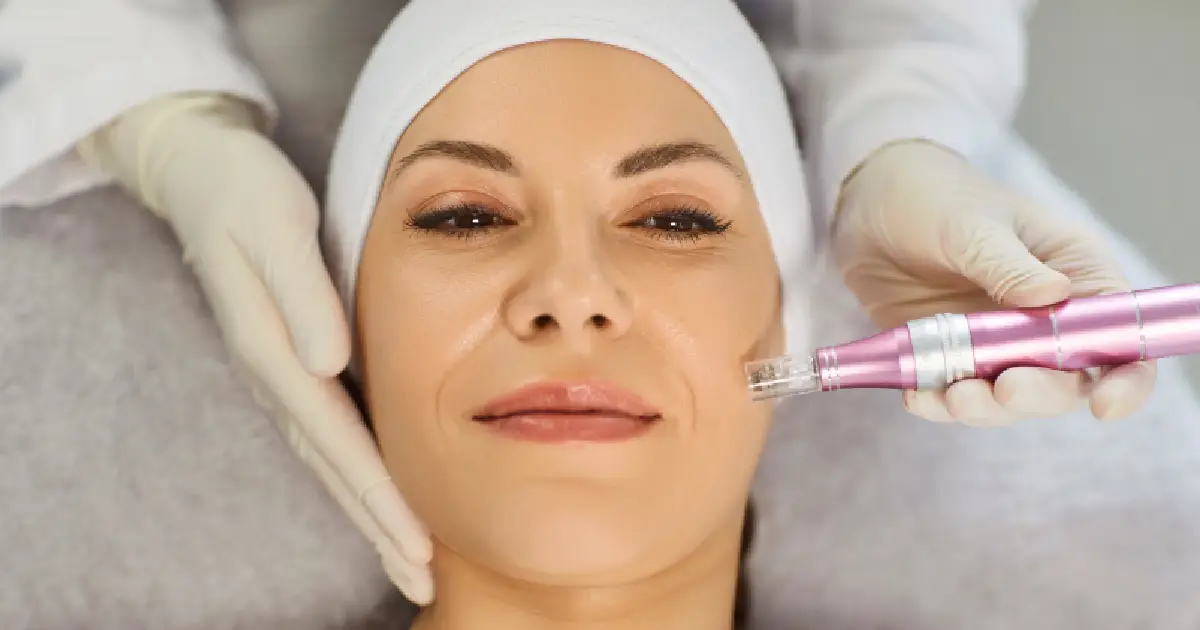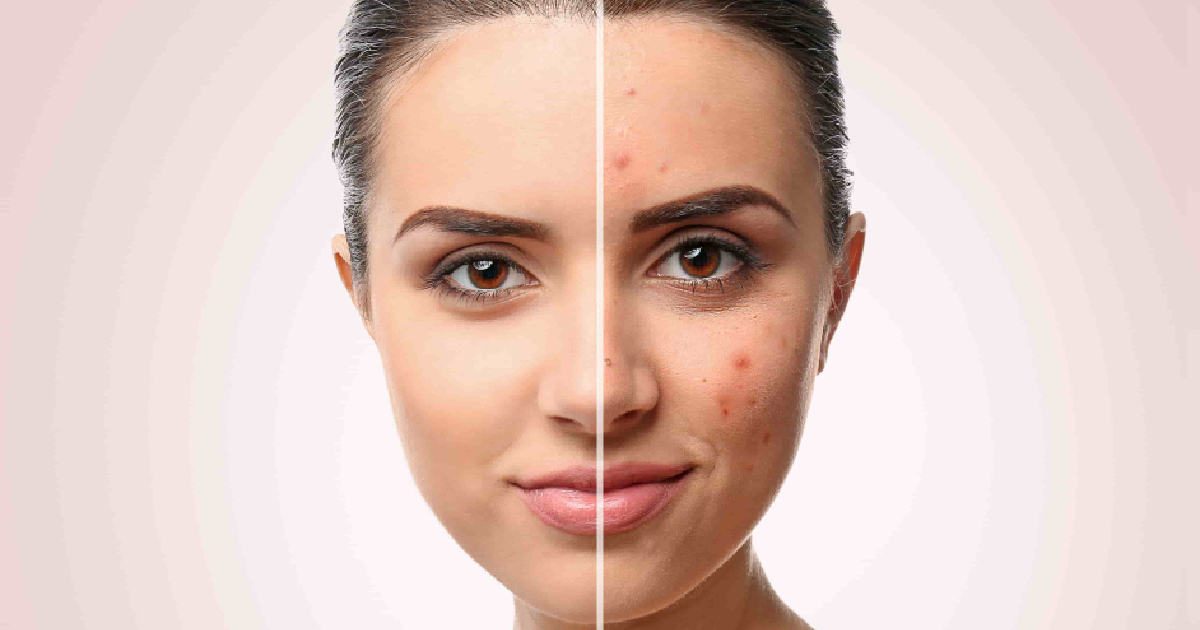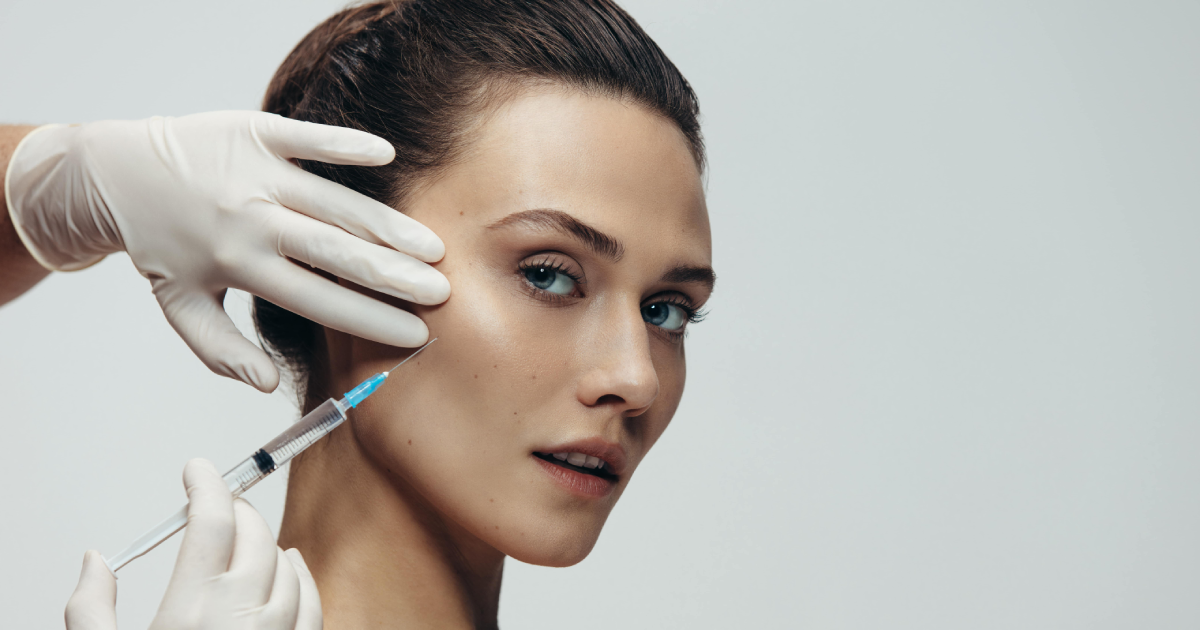Table of Contents
Laser Hair Removal (LHR) became a popular method for reducing unwanted hair across various body parts. Its appeal lies in its ability to provide long-lasting results, unlike traditional methods like shaving, waxing, or plucking.
However, the effectiveness of LHR can vary significantly from person to person. This post explores the key factors that influence the success of laser hair removal, ensuring readers understand what to expect from the treatment.
How Your Skin Tone Impacts Laser Hair Removal Success
The color of an individual’s skin plays a crucial role in the success of LHR. The laser targets the melanin (the pigment that gives hair and skin its color) in the hair follicle.
Originally, LHR was ideal for people with light skin and dark hair because the contrast made it easier for the laser to target the hair follicle without affecting the surrounding skin.
However, modern technologies have made laser hair removal more accessible to people with a wider range of skin tones. Choosing a clinic that offers lasers suitable for your specific skin type is essential to maximize the benefits of laser hair removal.
Why Hair Color and Thickness Matter for Laser Hair Removal Results
Just as with skin tone, the color and texture of your hair significantly influence LHR’s effectiveness. Dark, coarse hair absorbs the laser light more efficiently, making the treatment more effective.
On the other hand, individuals with light-colored hair, such as blonde, red, gray, or white, may not see dramatic results because their hair lacks sufficient melanin to absorb the laser light effectively.
In some cases, pre-treatment options to darken the hair temporarily might be available, but the success rates can vary.
Best and Worst Body Areas for Laser Hair Removal
The area of the body undergoing laser hair removal can also affect the outcome. Areas with thicker and darker hair, such as the legs, underarms, and bikini area, often respond better to treatment than areas with finer or lighter hair, like the face or arms.
This is because the laser is more effective on hair in the active growth phase, and the growth cycle varies depending on the body part.
The Role of Age and Hormones in Laser Hair Removal Effectiveness
Age and hormonal changes can influence hair growth patterns, impacting the success of LHR treatments. For instance, hormonal fluctuations associated with puberty, pregnancy, or menopause can stimulate new hair growth, which might necessitate additional LHR sessions.
Individuals undergoing hormone therapy, such as testosterone or estrogen supplements, may also experience changes in hair growth, affecting the treatment’s outcome.
How Your Lifestyle and Skincare Habits Can Affect Laser Hair Removal
An aspect often overlooked when considering laser hair removal is the individual’s lifestyle and skincare routine, which can significantly impact the treatment’s success.
Engaging in activities that affect skin sensitivity or expose the skin to elements that may interfere with the healing process can affect outcomes.
How It Matters
For example, regular swimmers or those frequently visiting saunas may need to adjust their habits temporarily. Chlorinated water and excessive heat can irritate the treated area, potentially affecting the skin’s response to laser treatment.
Similarly, products containing certain chemicals or fragrances applied to the skin before or after treatment can lead to irritation or adverse reactions.
It’s advisable to follow a simple and gentle skincare routine, avoiding any products that may make the skin more sensitive to light or prone to irritation. Your practitioner can guide you on the best skin care practices during your laser hair removal treatment course.
Why Healthy Skin (and Diet) Leads to Better Laser Hair Removal Outcomes
The health of your skin can also influence the effectiveness of laser hair removal treatments. Well-hydrated and nourished skin tends to heal faster and respond better to treatments.
A balanced diet rich in vitamins and minerals and adequate water intake can improve skin health, potentially enhancing the results of your laser treatments.
Antioxidants, in particular, can help protect the skin from damage and support the healing process. While nutrition and hydration may not directly impact the laser’s ability to target hair follicles, they play a crucial role in your skin’s overall condition and resilience.
Setting Realistic Expectations: Talk Openly with Your Laser Technician
Finally, setting realistic expectations and maintaining open communication with your laser hair removal practitioner is critical.
The effectiveness of laser hair removal varies among individuals, and it’s essential to clearly understand what the treatment can realistically achieve for your specific situation.
Discussing your goals, concerns, and previous experiences with hair removal treatments can help your practitioner tailor the approach to meet your needs.
Honest communication informs you about the potential for success and any challenges that might arise, leading to a more satisfactory treatment experience.
Adding these considerations to your laser hair removal journey enhances your understanding of the process and what factors can influence your results.
It’s not just about the treatment itself but also about how your lifestyle, skincare routine, nutrition, and communication with your practitioner can play significant roles in achieving the desired outcome.
The Experience and Technique of the Practitioner
The laser technician’s skill and experience are paramount to LHR’s success. An experienced practitioner will know how to adjust the laser settings depending on your skin and hair type and how to approach the treatment area best to achieve optimal results.
It’s important to select a reputable clinic with well-trained staff to ensure the safety and effectiveness of your treatment.
Compliance with the Treatment Schedule
Laser hair removal needs multiple sessions to achieve the best results, as the treatment is most effective on hair in the active growth phase.
Following the ideal and recommended treatment schedule is crucial for success. Missing appointments or extending the time between treatments can result in less effective results. They may require more sessions in the long run.
Laser Aftercare 101: Avoid Sun and Follow These Post-Treatment Tips
Proper aftercare is best to maximize the benefits of laser hair removal. Avoiding sun exposure and using sunscreen on the areas that need treatment can help prevent skin irritation and discoloration.
Additionally, following the post-treatment care instructions provided by your practitioner can enhance the effectiveness of the approach and reduce the risk of side effects.
Our Final Thoughts
In conclusion, several factors determine the success of laser hair removal on different individuals, including skin tone, hair color and texture, treatment area, age and hormonal factors, the experience of the practitioner, adherence to the treatment schedule, and proper aftercare.
Understanding these factors can set realistic expectations and improve the overall effectiveness of the treatment.
Suppose you’re considering laser hair removal and want to learn more about how these factors affect your treatment. In that case, we invite you to book an appointment with us here at Five Springs.
Our team of experts will be here to keep you on the process, ensuring a customized treatment plan that best suits your needs. Start your journey to smoother, hair-free skin today!
